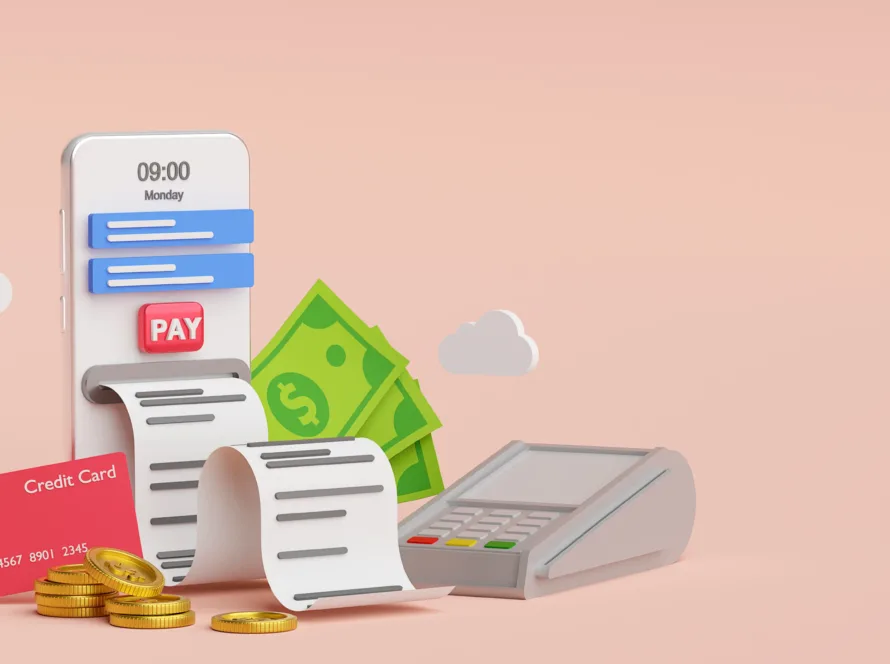Introduction to Vishing
In today’s interconnected world, where technology facilitates seamless communication, cybercriminals are constantly devising new ways to exploit unsuspecting individuals. One such method gaining prominence is vishing, a form of social engineering that capitalizes on voice communication to deceive victims. Understanding the intricacies of vishing scams and how to protect oneself against it is crucial in safeguarding personal and financial information.
Understanding Voice Phishing Scams
Definition of Vishing: Vishing, short for “voice phishing,” involves fraudulent attempts to acquire sensitive information, such as passwords, credit card details, or personal identification numbers (PINs), over the phone.
How Vishing Works: Perpetrators often impersonate legitimate entities, such as banks, government agencies, or reputable organizations, to establish trust with their targets. Through persuasive tactics and manipulation, they coerce victims into divulging confidential information.
Common Tactics Used in Vishing Scams: Techniques employed by vishers may include pretexting, where they fabricate a plausible scenario to extract information, or the use of urgent messages to instill panic and prompt immediate action from victims.
The Rise of Vishing Scams
Recent years have witnessed a notable increase in vishing scams, with cybercriminals exploiting advancements in telecommunications and leveraging sophisticated tactics to deceive individuals and organizations alike. According to reports, vishing attacks have resulted in significant financial losses and compromised sensitive data, underscoring the severity of this threat.
Identifying Vishing Scams
Recognizing the signs of a vishing scam is paramount in thwarting potential threats. Common red flags include unsolicited calls requesting sensitive information, pressure tactics to act quickly or face consequences, and inconsistencies in the caller’s identity or message. By remaining vigilant and questioning suspicious communications, individuals can mitigate the risk of falling victim to vishing schemes.
Protecting Yourself Against Vishing
Implementing proactive measures to safeguard against vishing scams is essential for personal security. Best practices include verifying the authenticity of callers through independent means, refraining from sharing sensitive information over the phone, and educating oneself and others about the tactics employed by vishers. Additionally, leveraging technological solutions such as call-blocking applications can serve as an added layer of defense against fraudulent calls.
Reporting Vishing Scams
In the event of encountering a vishing scam, promptly reporting the incident to relevant authorities is crucial for preventing further harm and aiding in the apprehension of perpetrators. Various channels, including law enforcement agencies, consumer protection organizations, and financial institutions, accept reports of vishing attempts and investigate them accordingly. By reporting instances of vishing, individuals contribute to the collective effort to combat cybercrime and protect vulnerable members of society.
Legal Implications of Vishing
Legislation exists to address the illegality of vishing and impose penalties on individuals or entities found guilty of engaging in such activities. Depending on jurisdiction, laws governing vishing scams may encompass fraud, identity theft, telecommunications fraud, and other related offenses. By adhering to established legal frameworks and holding perpetrators accountable, authorities deter future instances of vishing and uphold the rule of law.
Educational Initiatives and Awareness Campaigns
Efforts to educate the public about the dangers of vishing and promote awareness among vulnerable groups play a crucial role in mitigating the risk of falling victim to scams. Educational initiatives conducted by government agencies, cybersecurity firms, and nonprofit organizations aim to equip individuals with the knowledge and resources needed to recognize and report vishing attempts effectively.
Future Outlook: Evolving Threats and Solutions
As technology continues to evolve, so too do the methods employed by cybercriminals in perpetrating vishing scams. Anticipating emerging threats and implementing innovative solutions, such as artificial intelligence-driven call analytics and enhanced authentication protocols, are essential in staying ahead of malicious actors. By fostering collaboration among stakeholders and investing in research and development, the fight against vishing can progress toward a more secure digital landscape.
Conclusion
In conclusion, vishing poses a significant threat to individuals, businesses, and society at large, exploiting human vulnerabilities to perpetrate fraudulent activities. By understanding the mechanics of vishing scams, recognizing warning signs, and adopting proactive measures to mitigate risks, individuals can safeguard their personal and financial information against malicious actors. Additionally, collective efforts to report incidents, enforce legal frameworks, and promote cybersecurity awareness are instrumental in combatting vishing and fostering a safer online environment for all.
*Fallen a victim to scams?
*Want to rerport a scam?
Look no futher than ReclaimLTD! Click here to open the main page>
FAQ
What is vishing?
Vishing, short for “voice phishing,” refers to fraudulent attempts to obtain sensitive information over the phone by impersonating legitimate entities.
How can I recognize a vishing scam?
Common signs of a vishing scam include unsolicited calls requesting personal information, pressure tactics to act quickly, and inconsistencies in the caller’s identity or message.
What should I do if I fall victim to a vishing scam?
If you become a victim of a vishing scam, immediately report the incident to relevant authorities (e.g FTC), such as law enforcement agencies or financial institutions, and take steps to mitigate further damage by changing passwords and monitoring financial accounts.
Are vishing scams illegal?
Yes, vishing scams are illegal and may constitute various offenses, including fraud, identity theft, and telecommunications fraud, depending on jurisdiction.
Can vishing scams be traced?
While tracing vishing scams can be challenging due to the use of sophisticated tactics and technology, reporting incidents to authorities increases the likelihood of identifying and apprehending perpetrators.





